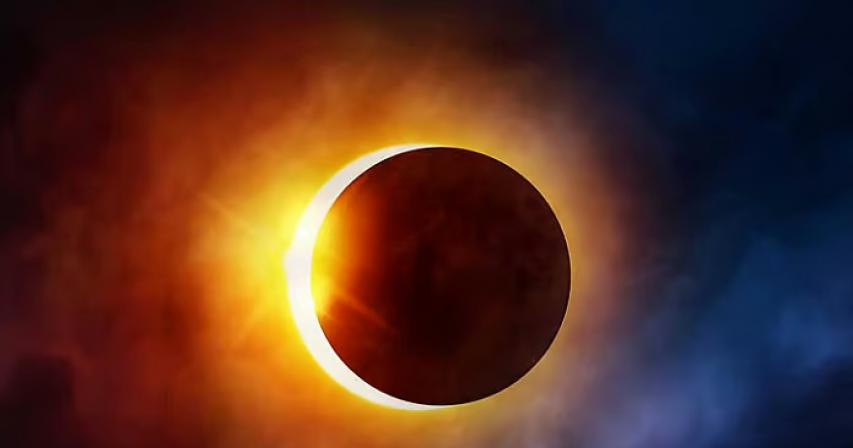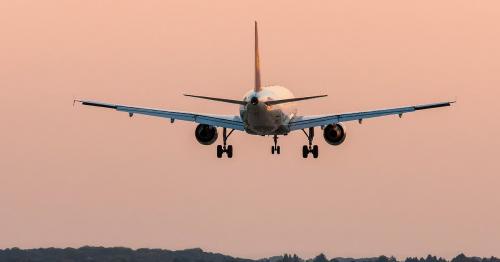UAE: Will Eid Moon sighting be affected by partial solar eclipse?

During Ramadan the heavens will showcase various celestial events worldwide including lunar and solar eclipses and the awaited appearance of the Eid crescent.
The partial solar eclipse will take place on March 29 and will align with the appearance of the crescent Moon. When the UAE’s Moon-sighting committee searches for the Shawwal crescent in the skies, the eclipse will take place over regions such as parts of North America, Europe, Asia, Africa, and the Atlantic and Arctic Oceans. The UAE will not be able to see the partial solar eclipse.
Will the eclipse affect the Moon sighting?
The Dubai Astronomy Group explains that a solar eclipse takes place during daylight hours when the Moon moves between the Sun and Earth to temporarily block sunlight.
The solar eclipse will not disrupt the observation of the Eid crescent Moon because it takes place long before sunset while the Moon appears after sunset according to DAG.
Skywatching during Ramadan
UAE residents will experience extraordinary astronomical displays while embracing the sacred atmosphere of Ramadan.
The Moon will become a deep red 'Blood Moon' between March 13 and March 14 night as it travels through Earth's shadow. Observers in North and South America together with Western Europe and Western Africa as well as sections of the Pacific, Atlantic, and Indian Oceans will witness a total eclipse.
A partial eclipse will be visible across various regions of Europe, Africa, Asia, and Australia. While stargazers in UAE will miss the eclipse they can still witness it through the live stream of real-time footage available on Time and Date’s YouTube channel. The eclipse will start just before 9am on March 14.
During the 'Ramadan nights' on March 14 to 15 UAE astronomy fans will experience various celestial spectacles through stargazing and an in-depth lunar exploration show.
The Dubai Astronomy Group and Jameel Arts Centre host a free event for two days which runs nightly from 8.30pm until 11.30pm and requires prior registration.
Stargazers will have the opportunity to use telescopes for viewing stars and planets alongside deep-sky objects and will experience a planetarium show that transports attendees back to the Apollo missions where humans landed on the Moon for the first time.
From 8.30pm to 9.30pm on March 22 residents of Earth can participate in Earth Hour by shutting down non-essential lights and electronic devices.
During Earth Hour the Dubai Astronomy Group will organize 'Suhoor under the stars' to bring people together in the desert to discuss sustainability and light pollution while contemplating Ramadan.
UAE residents cannot see this month's eclipses but those hoping to view a lunar eclipse with their naked eye should plan to watch the red Moon during September 7 to 8.






Comments